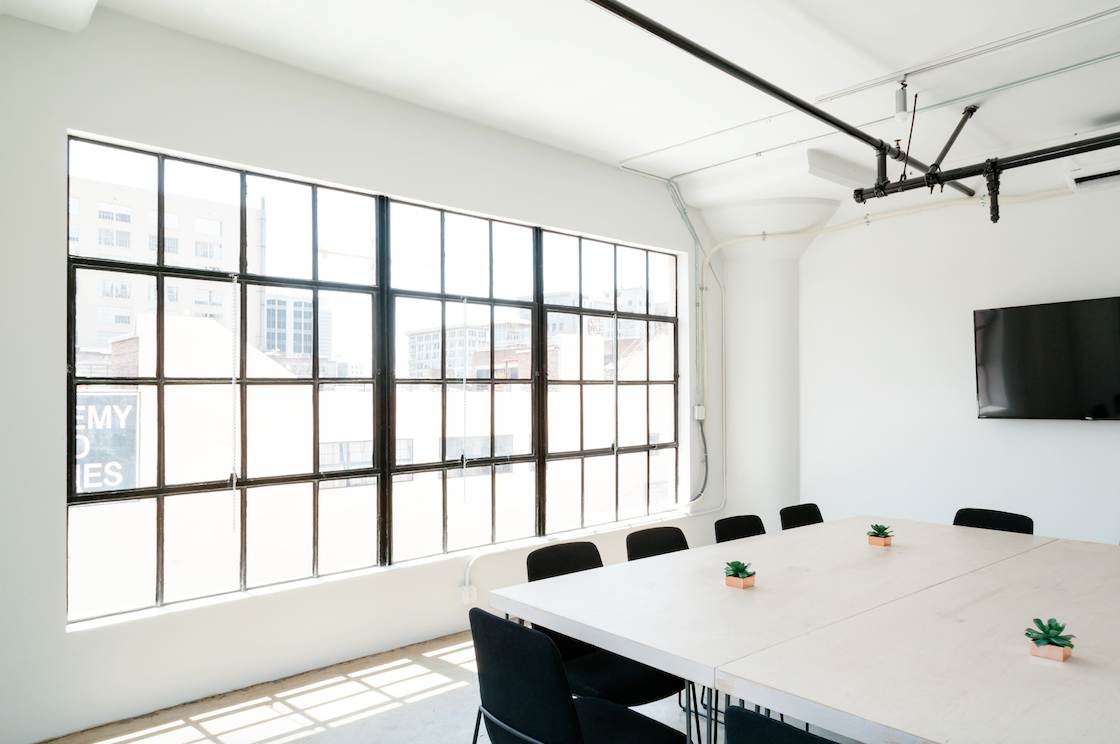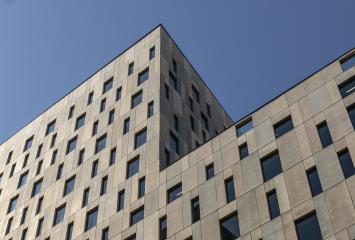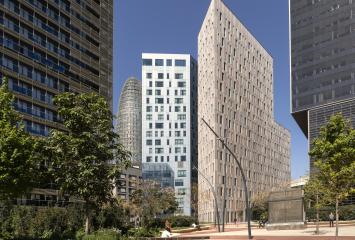Hot desking: oficines flexibles
Flexible offices arise in a work setting where the teleworking trend coexists with more traditional work spaces and offices. Concepts such as co-working and Hot Desking are increasingly being included in the Wellness strategies of companies that seek to offer greater work flexibility to their employees in order to improve the image of the company and retain internal talent.
What is Hot Desking?
Hot desking is a variant of teleworking that consists in an employee or group reserving spaces or work zones within the office (a desk or a work room) for a specific period of time in order to be able to develop their work. This is a great option for freelancers, commercial agents or workers who do not need to be in a fixed place of work because they spend a lot of time outside the office.
The term "Hot desking" appeared between the 80s and 90s but it has not been until now that this model of flexible offices has gained strength. The change in work policies and the appearance of new nomadic labour philosophies that opt for greater flexibility for employees embrace this model of work.
The advantages of Hot Desking include the reduction of workspace that a company needs to rent, as well as a reduction in office costs. Another benefit of flexible offices is that they improve employee productivity and motivation since work, time and space flexibility is one of the priorities to be evaluated by candidates before opting for a job.
Therefore, we can say that due to the existence of labour policies in favour of the employee and the digitalisation of companies, new work models are emerging, such as co-working and hot desking. These models are changing the concept of workspace that we had for the office of the future until now.


